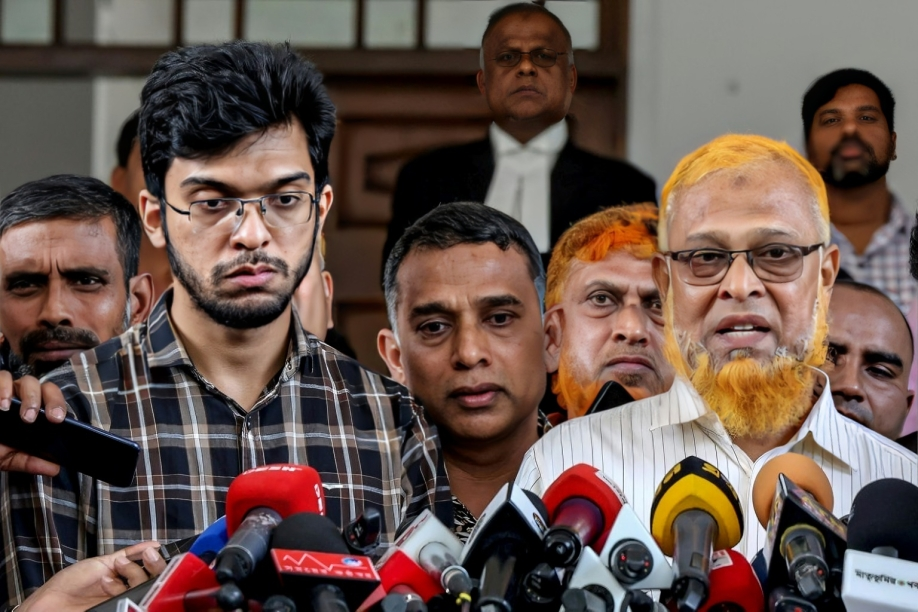INDIA: Abrar Fahad, a 21-year-old student, was tragically killed after expressing his criticism of a water-sharing treaty with India. The young man, a student at a university in Bangladesh, had voiced his opposition to the treaty on social media, calling for changes to the agreement. His remarks, which touched on sensitive political and environmental issues, sparked a heated debate, leading to a dangerous outcome.
Fahad’s comments were seen as controversial by some, particularly those with vested interests in the treaty, and were reportedly met with violent retaliation. He was attacked by a group of individuals who disagreed with his views, resulting in severe injuries that led to his untimely death. His tragic demise has ignited public outrage and raised concerns over freedom of speech in Bangladesh.
The incident has drawn widespread attention from both local and international communities. Many human rights organizations and activists have condemned the violence and called for justice for Fahad. The government of Bangladesh has faced pressure to investigate the circumstances surrounding his death and to hold those responsible accountable for their actions. This tragic event has highlighted the risks that individuals face when expressing dissent in politically charged environments.
Fahad’s death has sparked discussions about the importance of protecting the right to free speech and the need for reforms to ensure that young people can express their opinions safely. His family and supporters have vowed to continue advocating for justice, hoping that the case will lead to stronger protections for activists and critics of government policies. As the investigation continues, Fahad’s legacy has become a symbol of the fight for freedom of expression.



